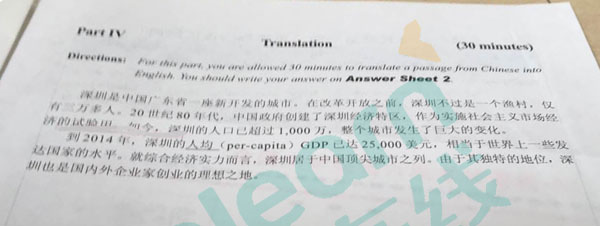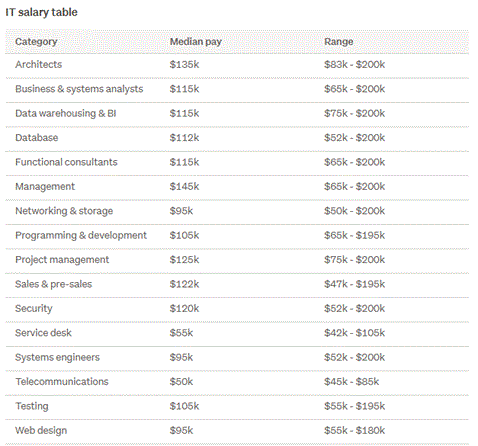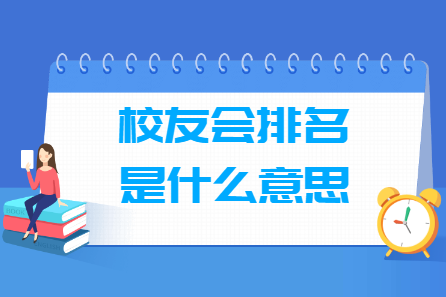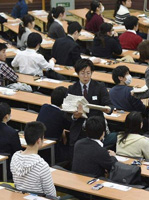2015大学英语六级翻译预测:科举制
【翻译原文】
自隋朝起,封建政府开始从科举考试(imperialexamination)合格的应试者中选拔官员。参加科举考试的人有两种:一种由学馆选送的学生构成,叫做生徒 (shengtu);另一种叫做乡贡(xianggong),由县试合格者构成。唐朝的科举考试一般由礼部(Ministry of Rites)主持。考生考取后,再经吏部(Ministry of Personnel)复试,根据成绩授予相应的官职。科举制度一直被多朝沿用,直到中国最后一个封建王朝—清朝。然而,明清时期,科举制度演变成严格、呆板的制度,阻碍了中国考试制度的现代化和科学化发展。
【参考译文】
Since the Sui Dynasty,the feudal government startedto select officials from the qualified candidates inthe imperial examinations.There were two kinds ofpeople taking the imperial examination.One wascomprised of students chosen by academies, whowere called shengtu; the other kind,called xianggong, was made up of those who had passedthe examinations held by counties.The imperial examination in the Tang Dynasty was usuallyheld by the Ministry of Rites.Those who passed the examination would be re-examined by theMinistry of Personnel and be conferred with relevant official positions according to theirexamination results.The imperial examination system was used throughout many dynastiesuntil China's last imperial dynasty,the Qing Dynasty.However, during the Ming and QingDynasties,the imperial examination system became a strict and rigid institution whichstopped China from adopting modern and scientific methods.
- 相关阅读
-
2016年6月英语六级翻译真题
新东方在线英语六级频道考后首发2016年6月英语六级翻译真题,同时新东方名师将对真题答案进行权威解析,请考生关注。更多2016年6月英
2021-10-12 -
2020年7月英语六级翻译真题及答案解析:三国演义(网友版)
新东方在线英语六级频道考后发布英语六级真题答案解析,同时新东方实力师资团队将对英语六级真题答案做权威解析,免费领取【大学英语
2021-10-12 -
2019年12月英语六级翻译真题及答案-荷花(网络版)
新东方在线英语六级频道考后发布2019年12月英语六级翻译真题及答案-荷花,同时新东方实力师资团队将对英语六级真题答案做权威解析,
2021-10-12 -
2019年12月英语六级翻译真题及答案-卷三(网络版)
新东方在线英语六级频道考后发布2019年12月英语六级翻译真题及答案-卷三(网络版),同时新东方实力师资团队将对英语六级真题答案做权
2021-10-12 -
2019年12月英语六级翻译真题及答案-卷一(网络版)
新东方在线英语六级频道考后发布2019年12月英语六级翻译真题及答案-卷一(网络版),同时新东方实力师资团队将对英语六级真题答案做权
2021-10-12










